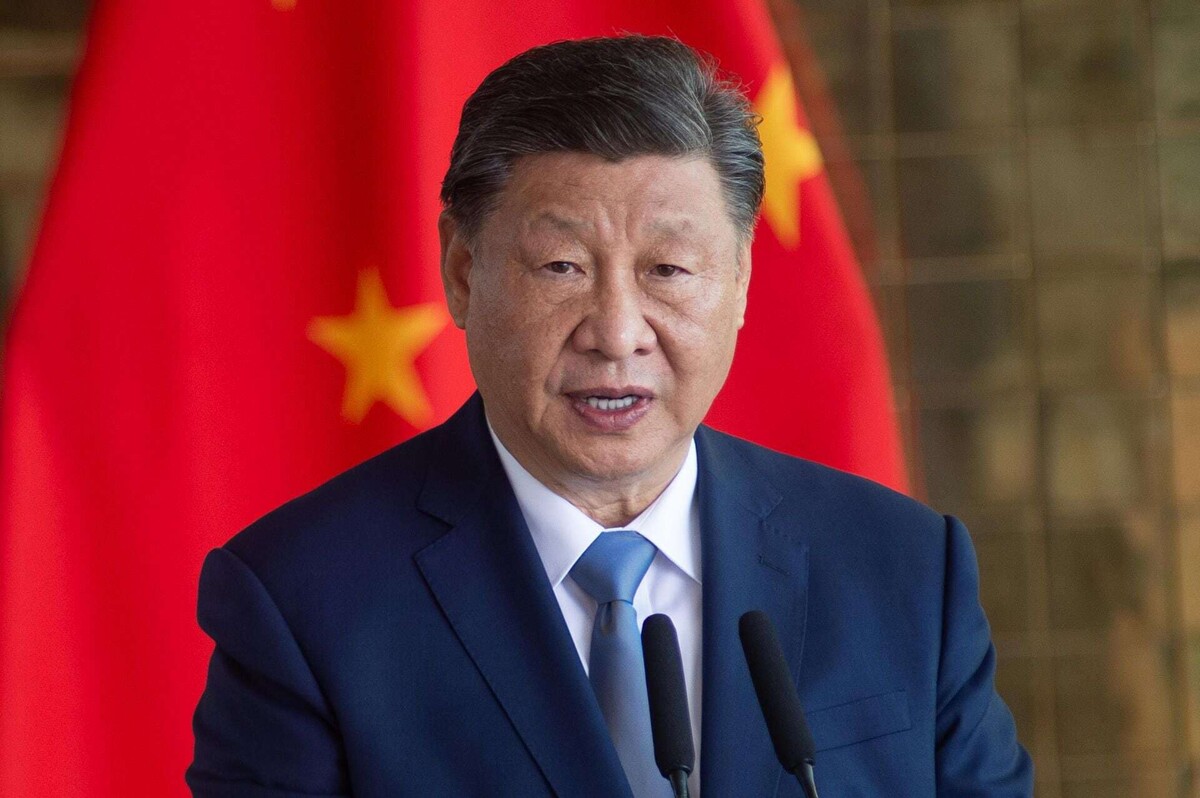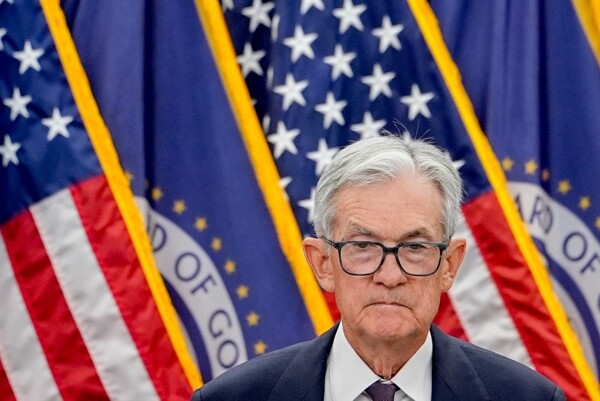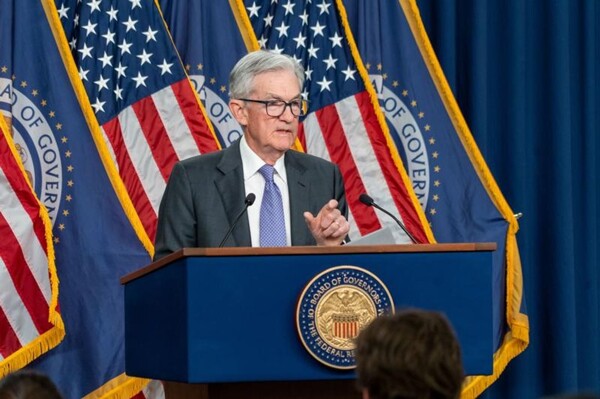
The President of the United States, Donald Trump, has ordered his government to consider possible tariffs on copper as part of his strategy to balance the country's imports and exports, as well as to address potential military and technological needs related to this metal.
China has expressed its strong opposition to these unilateral tariff measures after the United States initiated an investigation into copper imports that could result in the imposition of duties on major exporters of this material to the North American country. In the words of Chinese Foreign Ministry spokesperson Lin Jian, "There are no winners in a trade war or a tariff war".
The concern of the United States centers on national security due to forecasts of copper supply and demand. Contrary to Trump's trade goal of balancing imports and exports, the country has a surplus with copper. In 2020, the United States exported $11.3 billion in copper and imported $9.6 billion, according to data from the Census Bureau.
In addition to this measure on copper, Trump has removed previous tariff exemptions on steel and aluminum and plans to impose tariffs on products from Mexico and Canada, as well as on Canadian energy products. He has also promised broader tariffs to equalize rates with other countries and for specific products such as automobiles, computer chips, and pharmaceuticals.
The imposition of broader tariffs on imports has raised concerns among economists about potential price increases and a slowdown in the economy. Despite this, copper, being a modest component of trade, is unlikely to generate broader inflationary concerns. All this in a context where China responds to U.S. tariffs with similar and controversial measures.
In this scenario, Trump's order to consider tariffs on copper seeks to prevent China from expanding its copper sector and address vulnerabilities related to national security. The main exporters of refined copper to the United States that could be affected by this measure are Chile, Canada, Peru, Mexico, and the Democratic Republic of the Congo, according to data from the Economic Complexity Observatory.














